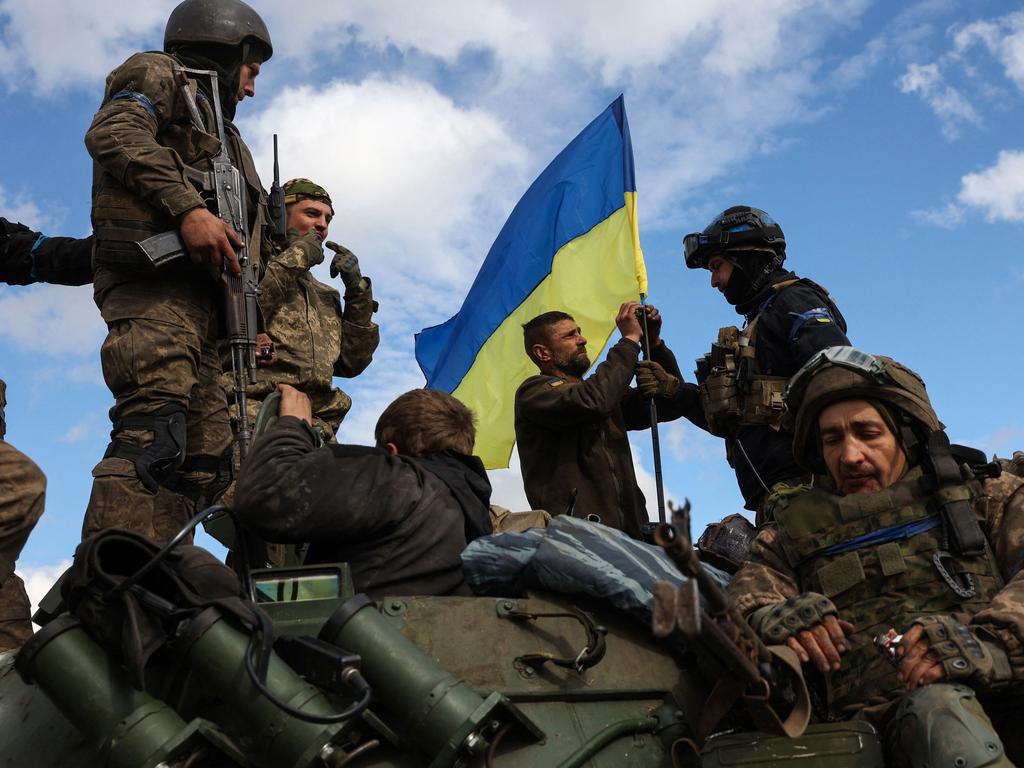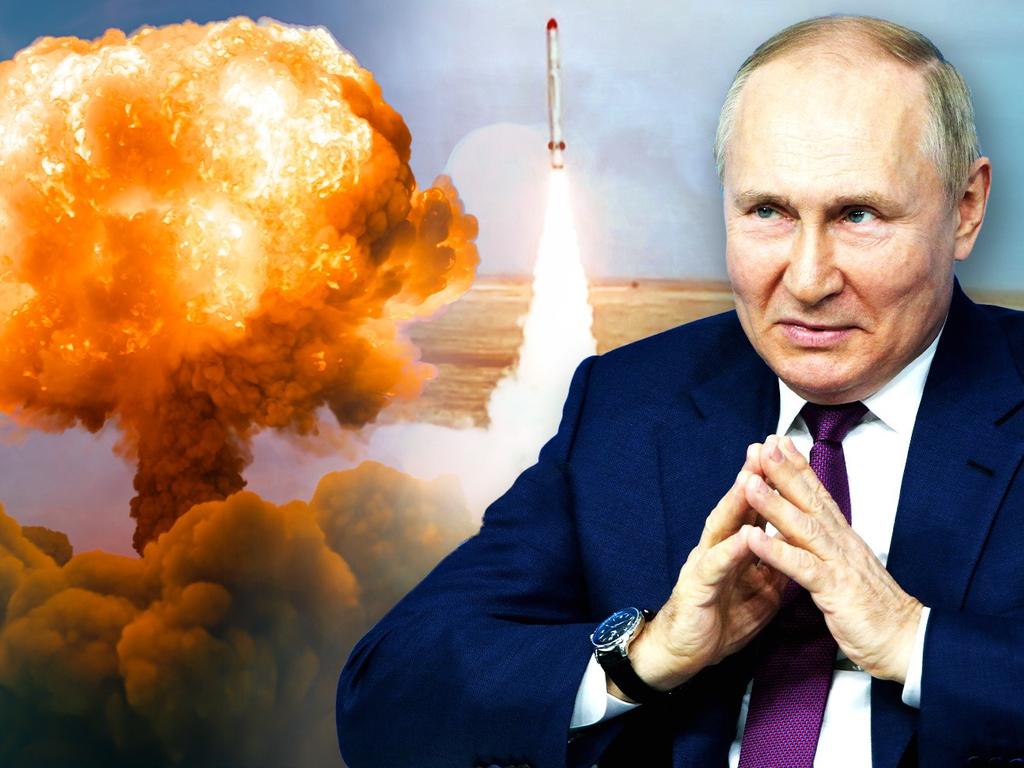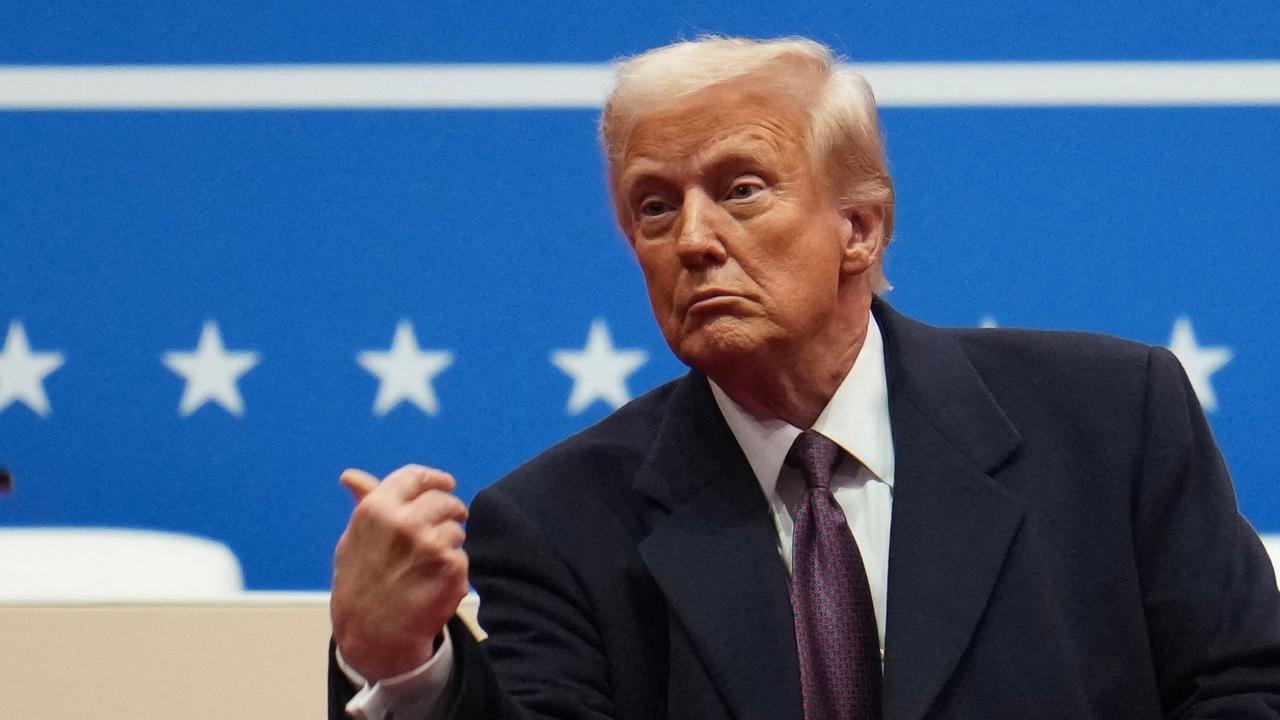Vladimir Putin could cut artery of Western capitalism
Undersea cables vital to the banking system are a prime target for a regime frustrated in Ukraine.
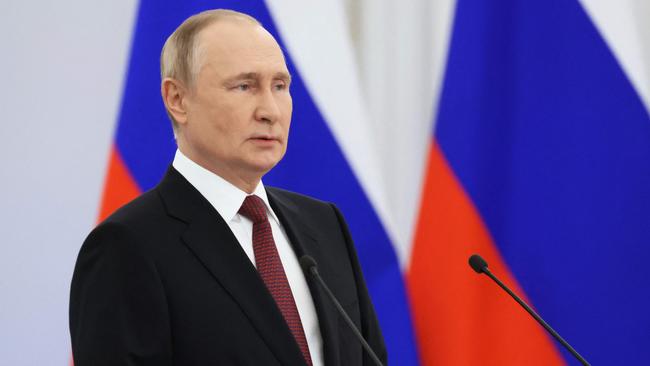
As the war in Ukraine grinds on, so the minds of cash-strapped Western and frustrated Russian decision-makers are turning to the prospect of Armageddon, some hellish event that changes at a stroke the terms of the conflict.
Vladimir Putin seems to be hinting that this could be an attention-grabbing nuclear explosion; perhaps, say NATO spooks, in the form of an Arctic test-firing of a torpedo drone far away from the Ukrainian battle lines.
A display, in other words, of superpower-level prowess that demands the respect of the US. It would be a warning to NATO, or at least to Western public opinion, to ease off the supply of conventional weapons to the Ukrainian armed forces. But the demonstrative use of the nuclear threat – an armoured military train possibly carrying nuclear munitions was spotted on the Russian rail system this week – could end up constraining Putin, pushing him on to an escalation ladder and denying him a diplomatic exit from a miserably fought war.
Or it could just make him look ridiculous, putting him in the same league of reckless buffoons as Kim Jong-un. Perhaps crucially, Chinese President Xi would be furious if Putin (supposedly his “friend without limits”) got into a nuclear exchange.
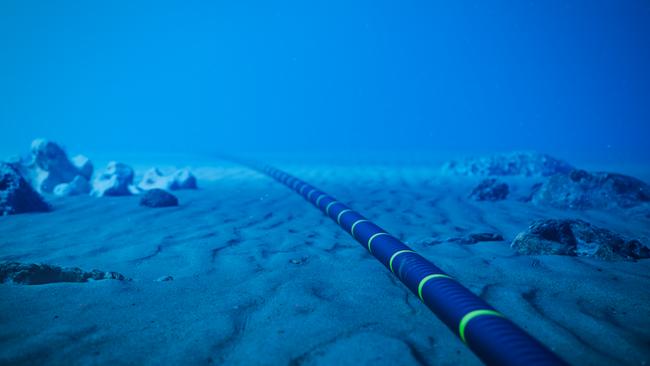
The betting then is that Putin, though at a dangerous age (he turns 70 this week), remains a rational actor. A big bang does not provide the answer to any of his strategic dilemmas. If he wants to pose an existential challenge to the NATO alliance, if he wants to paralyse it and make it seem dysfunctional to potential entry candidates like Ukraine, there are other vulnerabilities that can be exploited. This week he woke up to one of the possibilities: underwater economic warfare.
First came the strange attacks on the two Nord Stream gas pipelines. They were the very symbols of Western Europe’s willing dependence on Russian energy; seismologists said explosions fracturing the pipes were more likely to be man-made rather than the result of earthquakes.
Some experts blame underwater drones and divers rather than submarines; others are suggesting “malevolent pigs”, pigs being the term used for the inspection machines used in the cleaning of the pipes. Could the pigs have been hacked? An investigation is under way.
A British frigate was heading yesterday to reinforce the response to what seems to have been a clear sabotage operation. Norwegian commandos are being stationed around oil and gas processing plants. Surveillance drones have been spotted criss-crossing the route of the pipelines and overflying rigs. Russia’s next step could be to strike at an active pipeline, such as the one between Norway and western Europe.
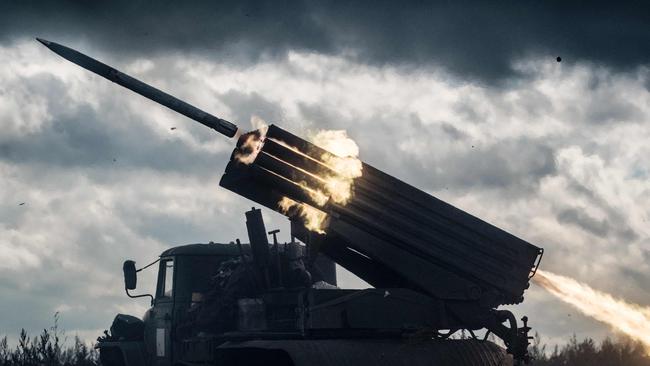
But of greater strategic concern is Russian sabotage of the undersea fibre-optic cables that connect the US and western Europe through Britain. Cables have been around a long time. Britain sliced five German cables in 1914, the US put wiretaps on Soviet underwater cables during the Cold War and Russia cut Crimea’s cables when it annexed the peninsula in 2014.
While most damage to cables is accidental – many are no more than the thickness of a garden hose and can be severed by anchors or over-eager trawlers – cutting them has been viewed as a natural prelude to war. Admiral Sir Tony Radakin, the head of Britain’s armed forces, declared on taking office that Russian submarine activity was threatening the cable network. Even Rishi Sunak (remember him?) warned in a paper for Policy Exchange five years ago: “The most severe scenario of connectivity loss is potentially catastrophic.”
There are more than a million kilometres of underwater cables, carrying 95 per cent of global communications, processing trillions of financial transactions a day. Cloud computing has increased the volume and sensitivity of the data.
Yet there is an astonishing complacency about securing the cables. They are for the most part privately owned by the likes of Google, Microsoft and Huawei. The data enters the sea at remote coastlines, is backed up and stored in sheds. Gibraltar, Malta (where the EU’s communications channels from Asia make landfall after passing through the Suez canal), Fortaleza in northern Brazil (a cable hub that links North and South America), Wall Township (a small town in New Jersey where five major cables connect), the Strait of Malacca and the Red Sea: these choke points are all places as interesting to Russian spies as Berlin and Vienna used to be.
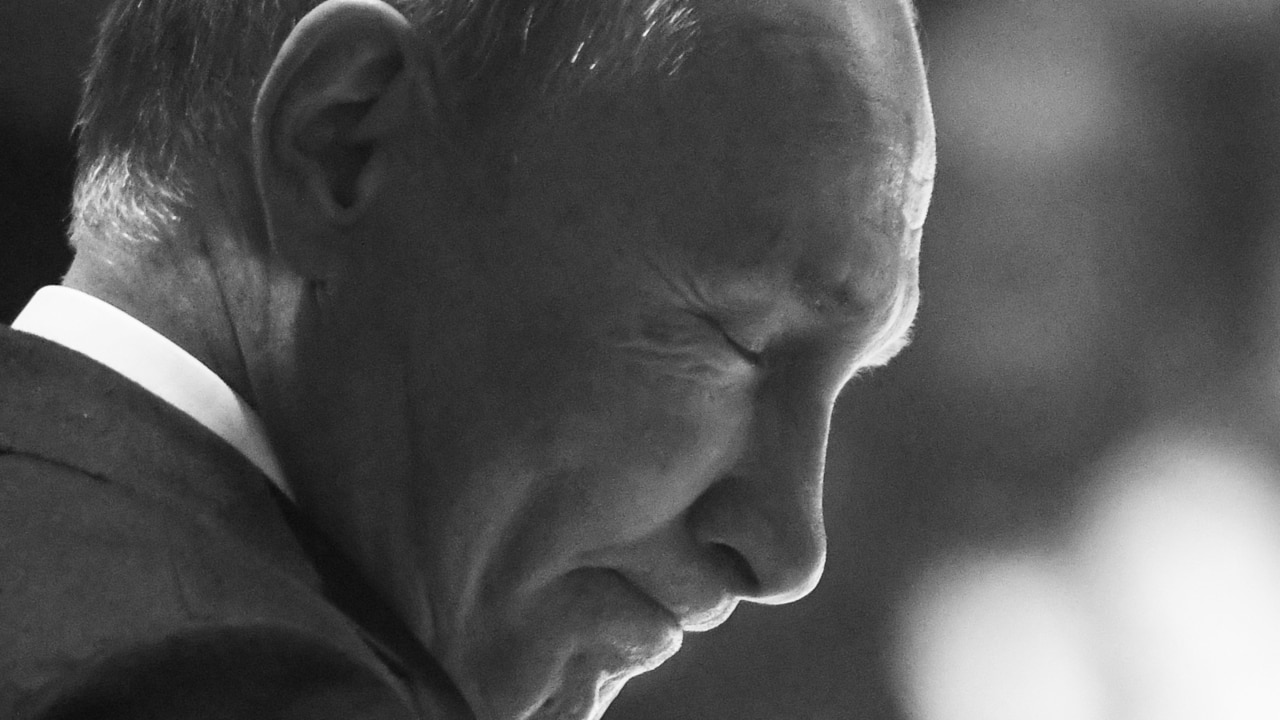
The Russians have a department for cable surveillance, the Main Directorate of Underwater Research, and it has vessels loaded with underwater drones dawdling down the Irish Sea. This, then, could be Putin’s big prize. If his political ambition is to split the Western alliance, that is probably best served by the ability to switch off transatlantic internet links. Yes, broken cables can be repaired, communications can be re-routed via satellite. But they are the veins and arteries of the capitalist system, tempting indeed should Putin choose to escalate his global disruption.
There are some obvious ways to protect ourselves. We can declare cable protection zones that restrict the entry of fishing vessels. We can be more suspicious of militarised trawlers that are cropping up more and more around Asian waters, Chinese-owned and crewed but often used as surveillance craft. We can modify international maritime law so that there is a clear ban on interfering with cables. Above all we should carry on making a strong case for investment in naval innovation to match the growing fleets of Russia and China. Let’s not forget, amid all the grime and mud of Donbas, the war at sea.
The Times

